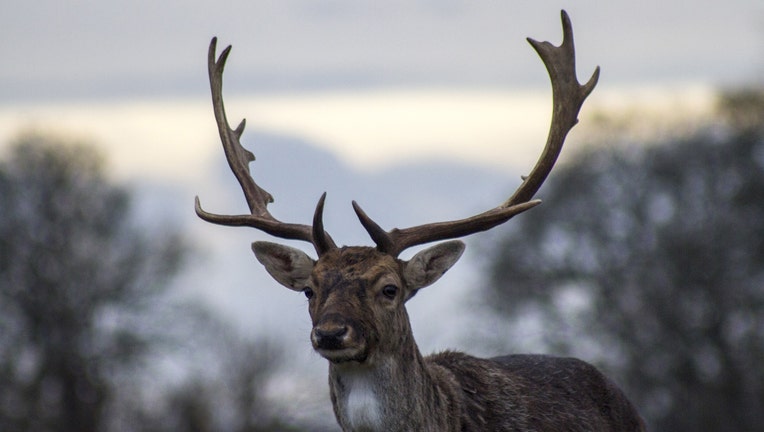Two-thirds of Michigan deer had COVID-19 antibodies in federal study

(Image by Free-Photos from Pixabay)
It appears not even Michigan deer are safe from a COVID-19 infection if exposed to the virus, a new federal study found.
In a federal survey of coronavirus in white-tailed deer in Michigan, Illinois, New York, and Pennsylvania, the U.S. Department of Agriculture detected evidence of the virus in 33% of cases.
In Michigan deer, two-thirds of those tested came back positive.
A total of 481 samples were collected between January of 2020 and March of 2021, the Animal and Plant Health Inspection Service said. The agency cautioned against generalizing the data to represent the state's entire deer population.
How did the deer get the virus?
The USDA isn't sure how deer could have been infected. A summary of the report said it's "possible" they were exposed through people, the environment, or other deer.
Can deer spread it to people?
Health officials have long maintained that the chance of animals spreading COVID-19 to humans is low and that infections from animals to people do not play a major role in the spread of the coronavirus.
That includes deer.
What happens if a deer is infected with COVID-19?
Not a lot, according to the study.
While not the focus of the report, officials did not see any evidence of clinical illness associated with the virus in the deer.
This tracks with other experiments that purposefully exposed deer to the virus, which did not result in any symptoms.
The tests looked for the presence of antibodies in its cases, which would indicate if a deer was exposed. However, no active infection that created symptoms was reported.
Can I eat deer meat if it was exposed to COVID-19?
Hunters and people planning on feating on game meat need not worry about contracting COVID-19 from ingestion.
"There is no evidence that people can get COVID-19 by preparing or eating meat from an animal infected with SARS-CoV-2."
Why study COVID-19 in deer?
If there is no active concern about deer contracting the virus or it cross-transmitting to humans, then why study it in the first place? Well, experts weren't sure what they were going to find when they started.
APHIS says it did it because of the number of interactions people and deer have in the states it studied, and it believed it was prudent to further study if deer would serve as reservoirs or hosts for the virus.
Additionally, it helps officials better understand the origin of the virus and its impacts on wildlife.

